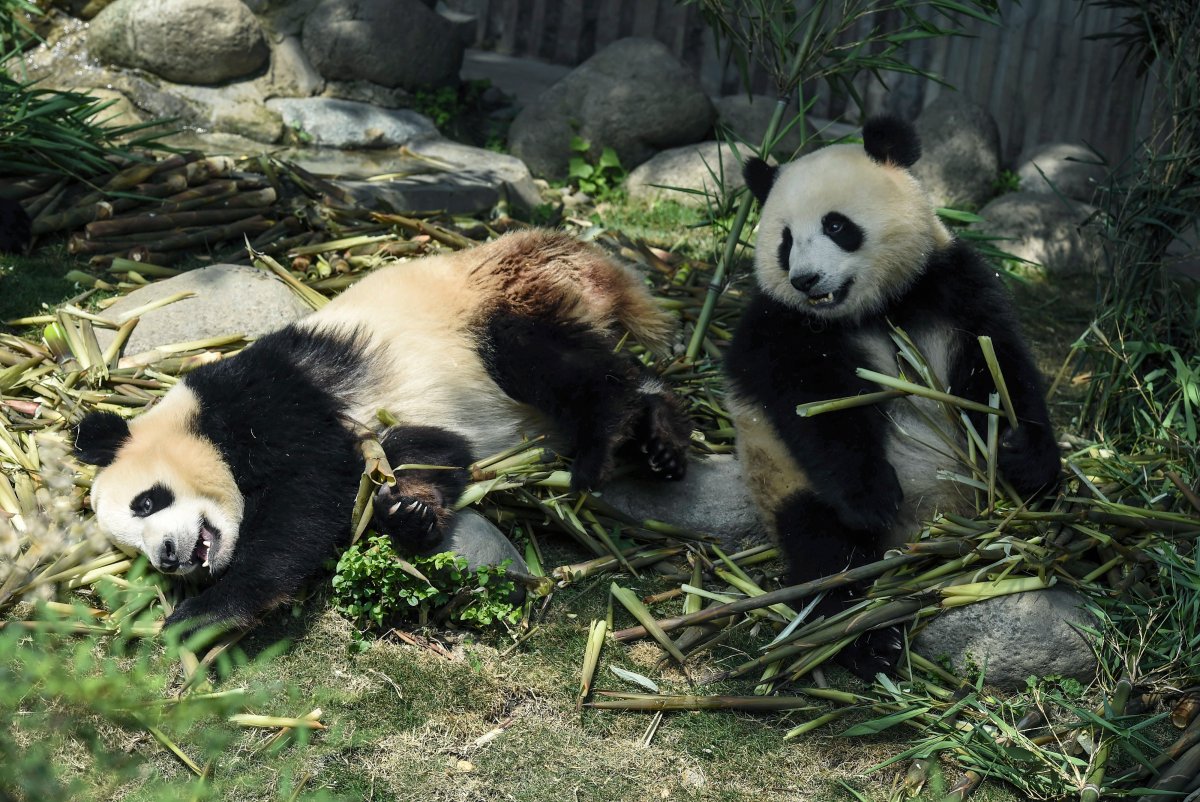BEIJING — Police in southwestern China arrested 10 people for killing a female wild giant panda and buying and selling its parts, state media said Wednesday.

The giant panda is an endangered species that tops China’s list of protected animals. Poaching them is rare, but panda parts are believed to fetch high prices on the black market because of their rarity.
WATCH: Wild panda found malnourished, ill slowly nursed back to health
China Central Television said forest police in Yunnan province recovered panda skin, meat, bones and an internal organ from the poachers and vendors. If convicted, the suspects could be jailed for years.
Authorities told the official Xinhua News Agency that one suspect, identified by his family name of Wang, set up a trap after he found his sheep had been killed by wild animals in December. After he found the trap was broken and his brother spotted footprints of a wild animal, the two men tracked down the panda and killed it, according to the media report.
WATCH: Footage shows adorable pandas squeezing through iron bars to escape cell
The men sold 35 kilograms of giant panda meat and its four paws for 4,800 yuan ($800) to one buyer, and that the parts were sold again to others, Xinhua said.
A recent census shows the wild panda population grew by 268 to a total of 1,864 in China since the last survey ending in 2003.
The World Wide Fund for Nature has said poaching, a traditional threat to wild pandas in China, has declined but economic development has become a major threat. Hydropower plants, roads, and mining projects disrupt the animal’s natural habitat.
Still, Chinese officials say poaching rare animals and smuggling their parts remain a problem and that authorities are stepping up efforts to crack down on acts endangering rare animals.


Comments